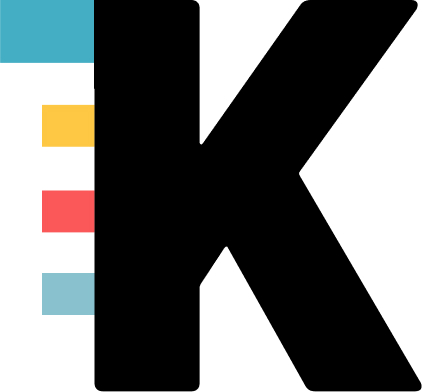Start building your list! Click the star to add a speaker to your list, or select "Add To My List" from the speaker's bio page. To view your list, select "My List" in the upper right side of the page.
We can help ideate, source and book speakers that are not on our website, too. Contact us or call us at
Viewing 1–30 of 82
82

